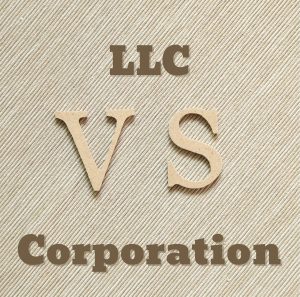 Digital currency is becoming an increasingly popular way of conducting business, particularly due to the rise in contactless payments brought about by the COVID-19 pandemic. The Office of the Comptroller of Currency (OCC) has issued new guidance to ensure that financial institutions use digital currency safely. The OCC’s requirements include the need for banks to understand the risks associated with digital currency, to have an effective risk management program in place, and to ensure that anti-money laundering and consumer protection laws are followed.
Digital currency is becoming an increasingly popular way of conducting business, particularly due to the rise in contactless payments brought about by the COVID-19 pandemic. The Office of the Comptroller of Currency (OCC) has issued new guidance to ensure that financial institutions use digital currency safely. The OCC’s requirements include the need for banks to understand the risks associated with digital currency, to have an effective risk management program in place, and to ensure that anti-money laundering and consumer protection laws are followed.
Business owners should make sure they understand the OCC’s requirements and how they affect their business. Structure Law Group, LLP’s California corporate lawyers can help business owners stay compliant with the OCC’s requirements and ensure they are safely engaging with digital currency. Our highly skilled corporate lawyers can also provide advice on how to protect your business from potential risks associated with digital currency transactions. Learn more about the OCC’s requirements, what they mean for business owners.
 Business Lawyers Blog
Business Lawyers Blog








